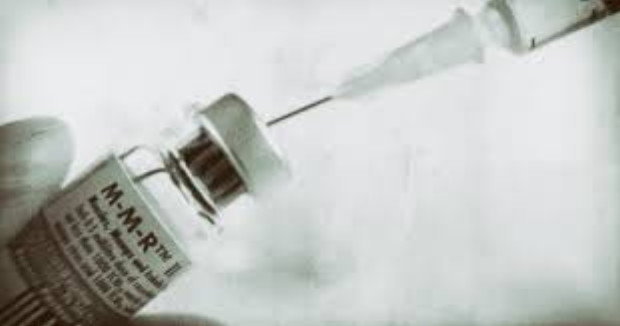Informed consent disclosure to vaccine trial subjects of risk of COVID‐19 vaccines worsening clinical disease
Vaccine‐elicited enhancement of disease was previously observed in human subjects with vaccines for respiratory syncytial virus (RSV), dengue virus and measles.
1 Vaccine‐elicited enhancement of disease was also observed with the SARS and MERS viruses and with feline coronavirus, which are closely related to SARS‐CoV‐2, the causative pathogen of COVID‐19 disease. The immune mechanisms of this enhancement have invariably involved antibodies, from direct antibody‐dependent enhancement, to immune complex formation by antibodies, albeit accompanied by various coordinated cellular responses, such as Th2 T‐cell skewing.
2-
7 Notably, both neutralising and non‐neutralising antibodies have been implicated.
A recent study revealed IgG‐mediated acute lung injury in vivo in macaques infected with SARS that correlated with a vaccine‐elicited, neutralising antibody response.8 Inflammation and tissue damage in the lung in this animal model recapitulated the inflammation and tissue damage in the lungs of SARS‐infected patients who succumbed to the disease.
The time course was also similar, with the worst damage occurring in delayed fashion in synchrony with ramping up of the immune response. Remarkably, neutralising antibodies controlled the virus in the animal, but then would precipitate a severe, tissue‐damaging, inflammatory response in the lung. This is a similar profile to immune complex‐mediated disease seen with RSV vaccines in the past, wherein vaccinees succumbed to fatal enhanced RSV disease because of the formation of antibody‐virus immune complexes that precipitated harmful, inflammatory immune responses.
It is also similar to the clinical course of COVID‐19 patients, in whom severe COVID‐19 disease is associated with the development of anti‐SARS‐CoV‐2 serum antibodies,9 with titres correlating directly with the severity of disease.10 Conversely, subjects who recover quickly may have low or no anti‐SARS‐CoV‐2 serum antibodies.11
The elicitation of antibodies, specifically neutralising antibodies, is the goal of nearly every current SARS‐CoV‐2 vaccine candidate. The prior evidence that vaccine‐elicited, antibody‐dependent enhancement (ADE) of disease is likely to occur to some degree with COVID‐19 vaccines is vertically consistent from controlled SARS studies in primates to clinical observations in SARS and COVID‐19.
Thus, a finite, non‐theoretical risk is evident in the medical literature that vaccine candidates composed of the SARS‐CoV‐2 viral spike and eliciting anti‐SARS‐CoV‐2 antibodies, be they neutralising or not, place vaccinees at higher risk for more severe COVID‐19 disease when they encounter circulating viruses. Indeed, studies in mice of prior SARS vaccines revealed this exact phenotype, with four human vaccine candidates eliciting neutralising antibodies and protecting against SARS challenge, but viral re‐challenge of thus vaccinated animals resulting in immunopathologic lung disease.
5
Independently, SARS/MERS vaccine candidates, commonly exhibited ADE associated with high inflammatory morbidity in preclinical models, obstructing their advancement to the clinic.4, 12 SARS ADE of both disease in non‐human primates and viral infection of cells in vitro was clearly mapped to specific antibody‐targeted SARS viral spike epitopes.
6 This phenomenon was consistent across a variety of vaccine platforms, including DNA, vector primes and virus‐like particles (VLP), irrespective of inoculation method (oral, intramuscular, subcutaneous, etc). An unknown variable is how long this tissue damage lasts, possibly resulting in permanent morbidity (eg, diabetes from pancreatic damage
7).
https://onlinelibrary.wiley.com/doi/10.1111/ijcp.13795



